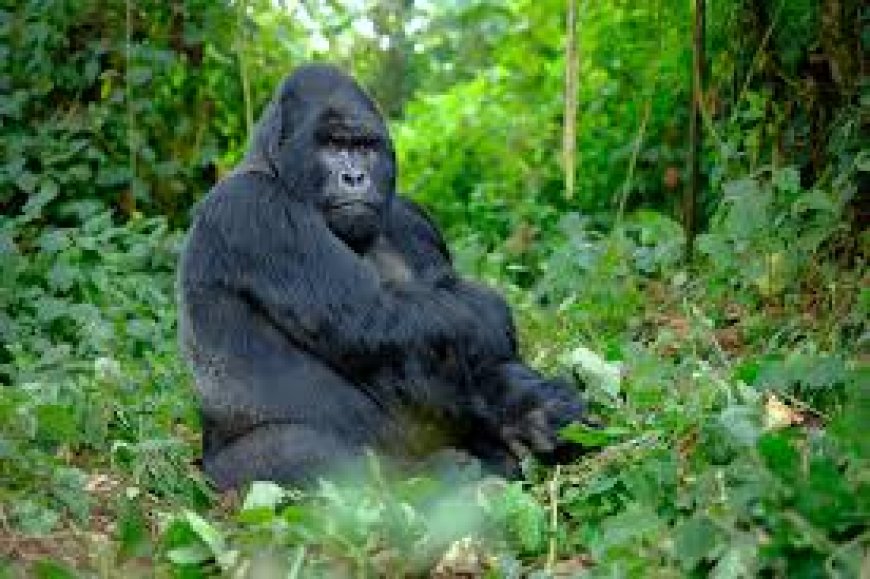Protecting Gorilla Health: Why It Matters for Them—and Us
Gorillas are powerful, intelligent, and critically endangered animals. But beyond poaching and habitat loss, disease is one of the biggest threats to their survival. Understanding gorilla health is not only vital for conservation—it also protects human health.

Gorillas are powerful, intelligent, and critically endangered animals. But beyond poaching and habitat loss, disease is one of the biggest threats to their survival. Understanding gorilla health is not only vital for conservation—it also protects human health.
1. The Threat of Human Diseases
Gorillas can catch many of the same illnesses we do—like colds, flu, and even COVID-19. Because they’re so genetically close to humans (sharing 98% of our DNA), they’re highly vulnerable to viruses transmitted by tourists, researchers, and even park rangers.
Fact: In 2020, several gorillas in U.S. zoos tested positive for COVID-19, likely contracted from asymptomatic humans.
2. Common Health Challenges in Wild Gorillas
Wild gorillas face threats like:
-
Respiratory infections
-
Parasites (intestinal worms and ticks)
-
Injuries from snares or territorial fights
-
Malnutrition due to deforestation reducing food availability
Veterinary teams from organizations like the Gorilla Doctors provide medical care to wild gorillas in places like Rwanda and Uganda, helping treat illness and injuries.
3. How Conservation Helps Their Health
Programs that protect gorilla habitats also protect their well-being:
-
Anti-poaching patrols reduce traumatic injuries.
-
Health monitoring helps catch outbreaks early.
-
Ecotourism funding supports veterinary care, but requires strict guidelines to avoid disease spread (like wearing masks and keeping distance).
4. Gorilla Health and Global Health Are Connected
Because gorillas live in ecosystems close to humans, their health can reflect larger environmental issues. Monitoring gorilla health helps researchers track zoonotic diseases—illnesses that can pass between animals and people.
Example: Studying Ebola outbreaks in gorillas has provided early warning signs for human outbreaks in nearby villages.
Conclusion:
When we protect gorillas, we’re protecting ecosystems and even our own future. Supporting conservation, responsible tourism, and wildlife healthcare makes a lasting impact
What's Your Reaction?
 Like
1
Like
1
 Dislike
0
Dislike
0
 Love
0
Love
0
 Funny
0
Funny
0
 Angry
0
Angry
0
 Sad
0
Sad
0
 Wow
0
Wow
0












































